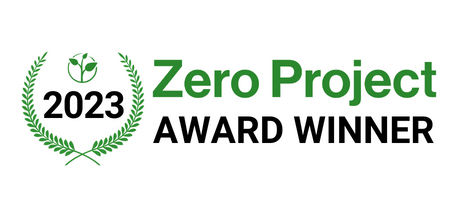COVID Relief Measures
1 out of 3 persons lives in an urban poor slum, according to the Pune Slum Atlas. There are around 600 low income settlements in Pune. The typical community profile: Inner city area bastis are usually settlers from different states, mostly Maharashtrian. Telugu, Kannad, Tamil, Bihar and other populations are also seen in pockets. Dalit, neo Buddhist and muslim by cultural background, the bulk of the population are from underprivileged caste and religious communities. Many would have completed primary school, and those in working age group would have been trained in vocational skills preparing for city services (plumbing, carpentry, lumbering, marble, scrap, meat processing, vegetable/fruit procurement and selling, heavy machinery, retail sales, small business, vending of different sorts, domestic labour, construction, trucking, transport, mechanic, etc.) Younger people are venturing into more digital based trainings. Several maybe dependent on upcoming city development, shopping complexes, commercial areas, malls, beauty parlours, etc. Unstable employment, debt, chronic health issues, many dependent family members, poor quality of housing, hazardous work environments, are in any case part of their daily exposure to the trauma of surviving in a harsh milieu.The first stringent lockdown and closure of the city led to the loss of livelihoods and income for a number of households in the city. Over just days, families were reduced to hunger and abject poverty. Schools closed so children were denied their mid-day meals. The first severe lockdown left about half the city population without any financial recourse and no access to food and supplies. It also left them at the mercy of loan sharks and policemen. The second wave of the spread of SARS-CoV-2 virus in the country has wrecked havoc on the health system, giving an apocalyptic psychosocial environment- a pervading sense of doom and despondency. Poor management and unpreparedness has led to spate of deaths in the city. Despair, grief and trauma in the face of witnessing death consumes us, the staff and teams at the Bapu Trust, and our communities. The anguish is beyond words.The second lockdown of the city was called in March 2021. In comparison to last experience of the lockdown, this lockdown has a lower impact on the opportunities for earning a livelihood. Autos are allowed to ply, domestic help are allowed to work, and construction work has continued (following COVID guidelines). However, all other city based services have been largely shut, restricting mobility, higher surveillance, and weekend curfews. While opportunity to continue non formal work existed, the demand for services decreased, as residential areas shut down or were micro contained. In addition, the lasting economic impact of the last lockdown still prevails. The number of persons unemployed in the city or rendered homeless has increased and is at an all time high. This has placed demands on vulnerable groups, challenging the work done with them prior to the pandemic. Adolescent girls in low income community have been compeled to either get married or drop out of education to support socio-economic needs of their families. Adolescent boys with disabilities found themsleves back at home with lower social engagement and education opportunities. The homeless and persons with disabilities with no social support had no one to look out for them, follow up with hospital systems and support the financial requrements for their care, treatment and post covid support. Finally, domestic conflict, quarrelling, conflict in neighbourhoods and overall psychosocial ecosystem has deteriorated, as happens in times of humanitarian emergencies and disasters. BT is presently engaged in estimating the prevalence of trauma in our working communities, and also training field staff in providing trauma relief.

